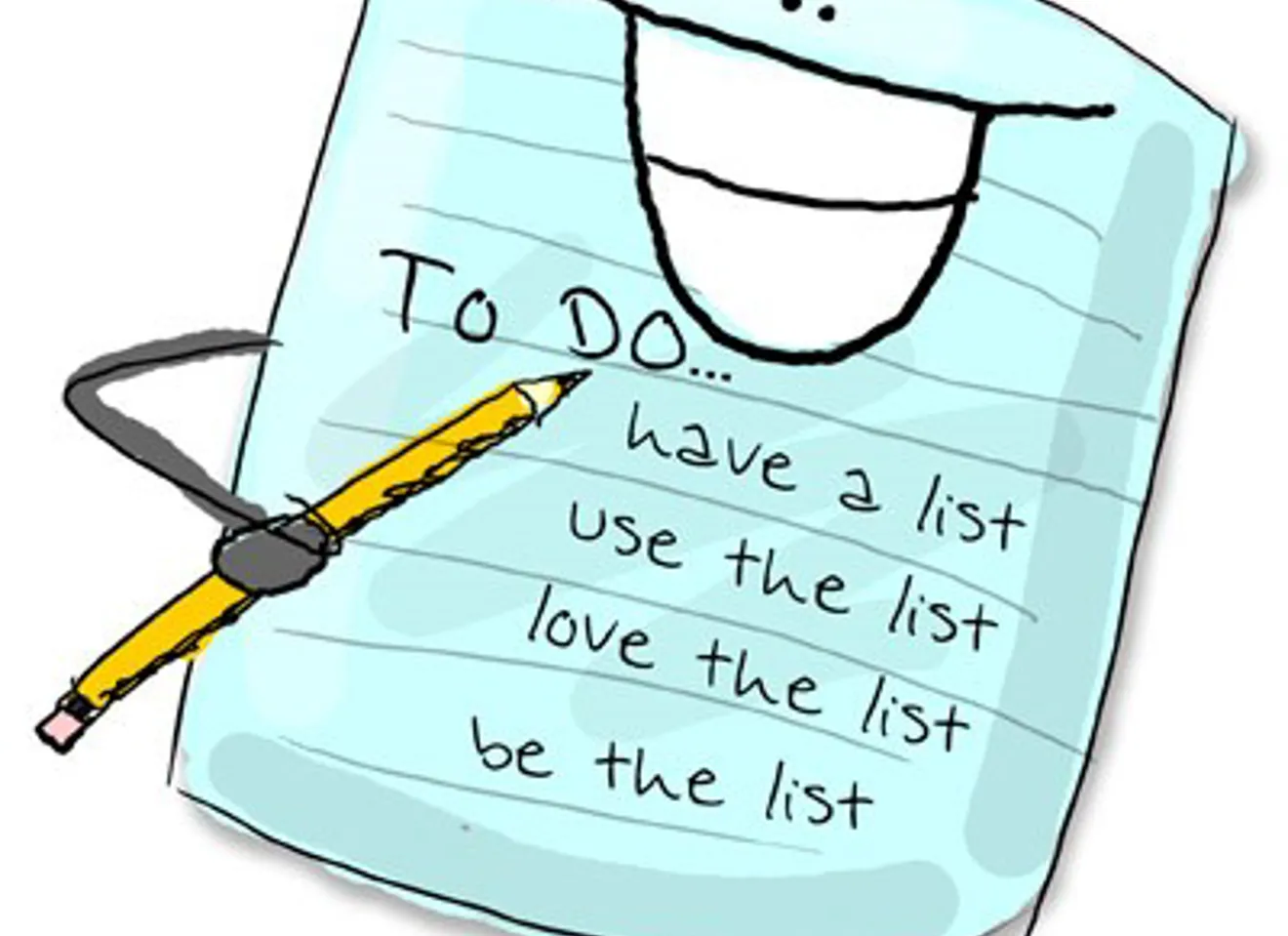
Working in Norway
Application letter writing: A little (list) goes a long way
Use active verbs to “write clearly and concisely” in both your CV and application letter.
In my most recent blog post, I wrote about how job-seekers need to use active verbs in their writing in order for the reader to understand what they actually did/are doing at work. An extension of this advice is that you should write use these verbs to “write clearly and concisely” in both your CV and application letter. This seems obvious, therefore the “” – and yet these words are used over and over because people have such trouble following them. That is, it’s easy enough for people to apply this tip to their CV, as this by necessity must tell the short version of their life-work story. It’s the application letter (or ‘cover letter’ as it’s sometimes called) that puts us in a bit of a writing panic. Why? Because many of us believe that we need to compose long, beautifully written sentences that in turn form long, beautifully assembled paragraphs to make our points. True?
Not true anymore
Not true, at least not anymore. We can thank the digital age for this seismic shift, as today we are all being continually flooded with information every time we look at our phones or computer screens. This has as a result created a change in the modern job-seeking process as concerns writing these letters. Less is more – meaning that making a mere list of your accomplishments is not only allowed, but encouraged, by many consultants paid to hand out this type of writing advice. This is because what’s happening now is that increasingly overloaded HR staff/recruiters sitting with stacks of applications in front of them just don’t have the time to read through traditionally written – and often overly wordy – letters from their many applicants. So the few seconds they spend glancing at these letters need to be well spent, so to speak, and catching their eye with your writing becomes all the more important.
Include examples
This being said, the most important point remains that your letter, though brief, still needs to use examples to support your main points (for instance, that you’ve written in your first paragraph you are ‘hard working and enthusiastic’). Have you ever listened to a presentation where the speaker talks in what I call ‘big headlines’? You sit there listening and thinking it all sounds so great, until after awhile you notice that they only use headlines and don’t give any actual examples of what they’re talking so enthusiastically (or not) about. You feel frustrated and a bit cheated – aren’t they in a sense taking the easy way out by not backing up what they’re claiming? Someone reading an application letter modeled after this type of empty talk feels the same way – they want to know what you have actually done at work, but can’t find this out from reading your long yet vague sentences about ‘serving customer needs at all levels’ or some such empty phrase.
‘True enough’, you say, but the next thing you might be thinking is that what you’ve done has to be, well, big and important – innovative and game-changing! Which you feel didn’t match your daily work reality at all. It’s too bad people tend to think this way – everyone who works hard and contributes is valuable to any company/organization…
An example
…and at this point realize that I need to give an example myself: I’m thinking of a former student who had worked for a time as an office assistant. When first asked, he had trouble saying what he had specifically done at his former company, and could only vaguely describe his job in ‘big headline’ speak. (Without realizing it, he also downplayed what he had done, giving the rather sad impression that anyone could do his job – not good!) However, after sitting down and taking time to really break down his workday, and then think of all those days stretched over a period of several months, he was able to make his list, which looked something like this:
While working at Oceanview IT Consultants, I have:
- regularly taken meeting minutes at all monthly staff meetings
- ordered and distributed office supplies to all company divisions
- maintained all office equipment
- updated my professional skills by participating in competency-raising courses
- served clients by regularly assisting the reception desk staff
(As a side note: interestingly, these tasks were not found in his initial job description, but came about as time went on and he agreed to taking on new assignments when asked to do so. Not an unfamiliar situation for many of us – what we were doing when we started out at place is not what we’re doing now – and usually the tasks have increased in number, not decreased. Anyway…)
This type of list makes it easy for the reader/HR person/recruiter to understand – quickly and easily -what this particular worker has accomplished during his day. More importantly, it will hopefully make them interested in asking more specific questions at an interview with him: For example, what kind of courses did you take? How did you assist the front desk? What did maintaining that equipment involve? Although your former/current job might be miles away from what this office assistant does, can you use this idea for your own situation?
What do you do at work?
After all, what do you do at work? Can you describe it in detail? Can you write it down in a list? It’s funny how sometimes we almost forget what we do on a daily basis, especially if we’ve been at the same workplace for a long period of time. And yet in a job-seeking situation, we have to be able to express in ways others will quickly understand just why we are getting/got a paycheck from our (former) employer. In order to find a new one who will pay us to work (a list) for them.
Read more tips and advice regarding CV and cover letter



